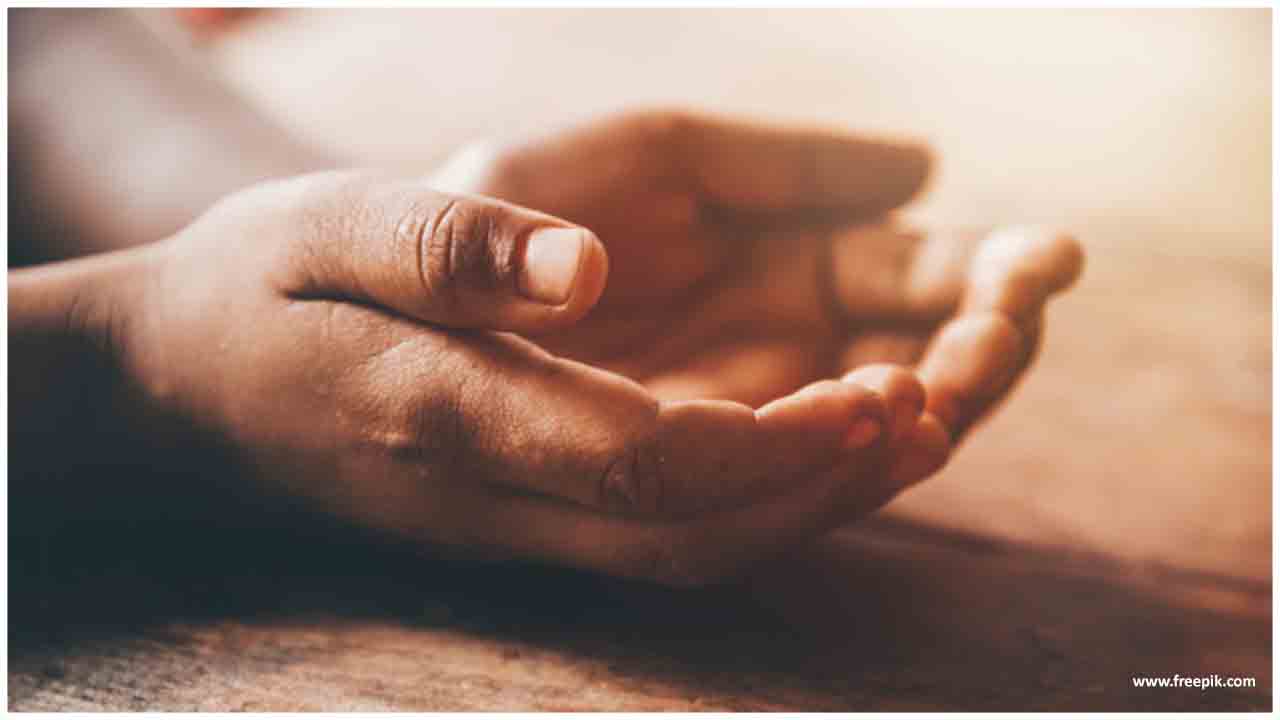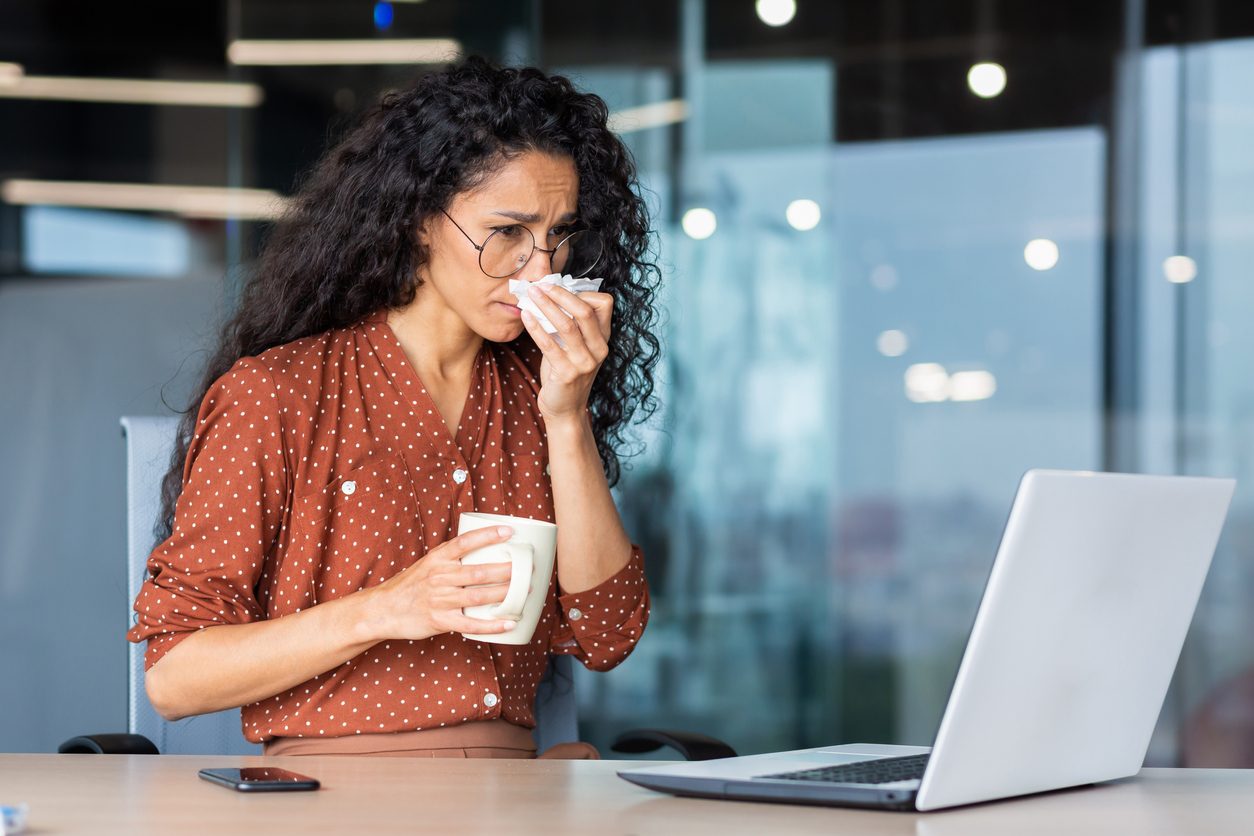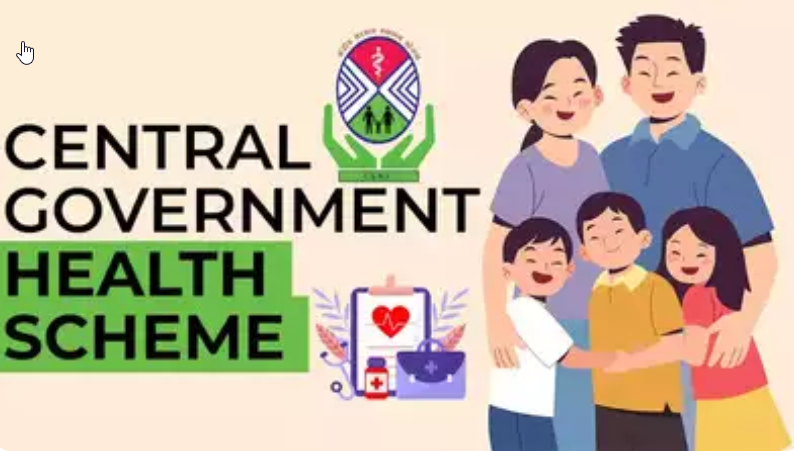During over three many years of the blast in Chile, the white-collar classes received the benefits, yet only three months of the coronavirus pandemic has just diminished numerous to neediness.
At the point when a dissent development rampaged against imbalance in October, it was to a great extent drove by the white-collar classes.
The flights delayed for quite a long time, influencing numerous independent ventures - and similarly, as those were beginning to recuperate, the coronavirus struck in mid-March.
With elevated levels of obligation, encouraged by simple access to credit, and an absence of state support, countless the working class have been left in a defenseless circumstance by the infection emergency.
"The most extravagant 10 percent is the main part moderately impenetrable in Chile," said Dante Contreras, collaborator director at the Center for Social Conflict and Cohesion Studies (COES).
Contreras is additionally an educator at the University of Chile, which has determined that neediness has ascended from nine to 15 percent.
There's a crisis family subsidize that was made to assist individuals with adapting to the wellbeing emergency, however, it just covers families getting under 400,000 pesos ($490) a month.
That represents just 34 percent of Chilean families, which means the whole working class - which makes up practically 50% of Chile's 18 million individuals - gets nothing.
"What you find in Chile is a serious extent of vacillation in family unit pay. Families that leave neediness and families that arrive to destitution. Also, that is a depiction of the elevated level of delicacy that makes it hard for them to take long haul choices," said Contreras.
'Live or pay lease'
Pablo Martinez is a prime model. In a little more than one year, the 44-year-old has gone from a fruitful and dissolvable architect living in an upper-white collar class neighborhood to scarcely having enough to live.
Since being made excess in March 2019, he has been not able to look for some kind of employment.
During the initial not many months he spent his investment funds and joblessness protection.
He began filling in as a driver for Uber, yet work eased back when the fights broke out in October and evaporated totally when the infection lockdown started.
"On the off chance that before we were basic, presently we're for all intents and purposes incapacitated," Martinez told AFP.
While before he "lived generally serenely," presently he can't stand to pay the lease.
"There's living or paying the lease, I can't do both."
He and his significant other have opened a shop selling customized endowments, while he additionally gives guitar and piano exercises over the web.
Be that as it may, it's insufficient, and he doesn't fit the bill for state help.
Assessor Rodrigo Acevedo, 44, is in a similar circumstance.
After his activity was suspended, he needed to incline toward the work security law that was made during the pandemic with the goal that representatives could get to their joblessness protection.
The principal regularly scheduled installment was worth 70 percent of their compensation, however that reduced continuously.
His $1,200 month to month compensation implied he didn't meet all requirements for state help, and he needed to remove his little girl from a private school and select her in a government-funded school.
"We had no other choice," he told AFP.
In Chile, there is a wide uniqueness in the degree of open and private schooling and medicinal services.
'An extreme change'
Since 1990, Chile has drastically decreased destitution from 40 to nine percent, yet the white-collar classes improved their ways of life through credit.
Presently, 70 percent of those families live with impractical degrees of obligation.
An examination by the University of Chile found that the independently employed had been the most exceedingly awful influenced by the pandemic, seeing their compensations fall by 60 percent.
"The fall in the prosperity levels of the white-collar classes will be huge," said Contreras. "Regardless of whether they don't fall into destitution, it will be a radical change: transforming from the private to general wellbeing framework, the youngsters' schools or selling resources."
Life has just changed for Pedro Castro, 54, an effective display businessperson whose business succumbed to the pandemic.
To make a decent living, he's leased his agreeable home in the in vogue Nunoa neighborhood of the capital and moved his family to a lodge on the edges of Santiago.
"You need to go out onto the avenues once more," Castro, who presently sells refined water, told AFP. "To live off cards, off-reserve funds, to offer a few machines to bring in cash and installments."

 The protests dragged on for months, affecting many small businesses -- and just as those were starting to recover, the coronavirus struck in mid-March.
The protests dragged on for months, affecting many small businesses -- and just as those were starting to recover, the coronavirus struck in mid-March.




.jpg)






.png)
.png)
.jpg)





.jpeg)



.jpg)









.jpeg)

.jpg)


